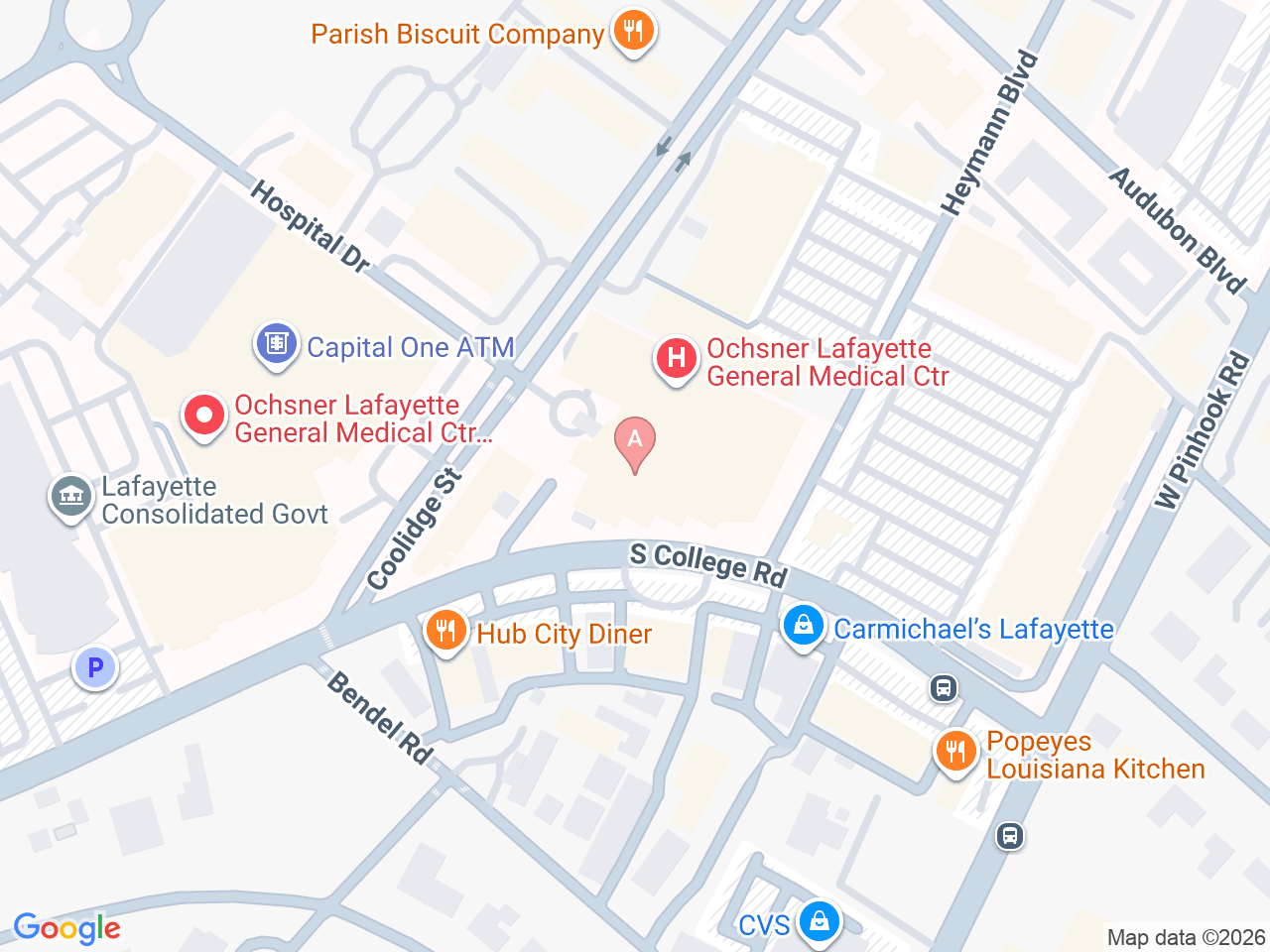What is hospice?
Hospice care focuses on improving the quality of life for persons and loved ones faced with a life-limiting illness. People become hospice-eligible when it is expected they will die from their condition within 6 months, although many patients live longer than this and can remain in hospice. The primary goals of hospice care are to provide comfort, relieve physical, emotional and spiritual suffering, and promote the dignity of terminally ill persons. Hospice care neither prolongs nor hastens the dying process but assures comfort.





